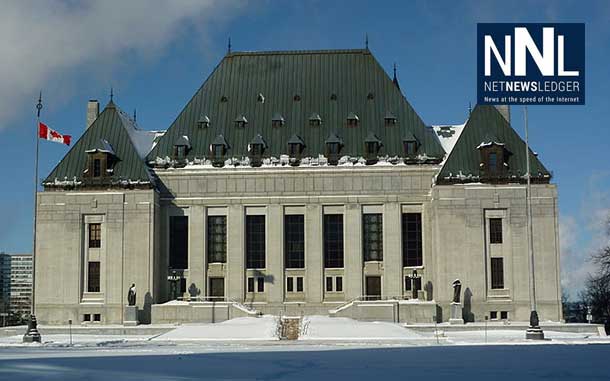
Victory for Indigenous Children
OTTAWA – INDIGENOUS – Indigenous communities and leaders across the country cheered Friday as the Supreme Court of Canada upheld the federal government’s child welfare law, affirming that First Nations, Metis and Inuit have sole authority over the protection of their children.
The unanimous decision is a setback for the Quebec government, which won a victory in 2022 when the Court of Appeal found that parts of the act overstepped federal jurisdiction.
For decades, Canada’s child welfare system has disproportionately removed Indigenous children from their families and communities. This practice has had devastating consequences, separating children from their cultures, languages, and family ties.
Indigenous leaders and communities across the country have fought tirelessly to regain control over child and family services, emphasizing the importance of culturally-based care and keeping families together.
In 2019, the Canadian government passed An Act respecting First Nations, Inuit and Métis children, youth and families. This law recognizes the inherent right of Indigenous communities to lead their own child and family services.
However, the legality of the Act was challenged in court, delaying its implementation in some areas. Today, the Supreme Court of Canada issued a landmark opinion upholding the Act, signalling a key step toward reconciliation.
The Minister of Indigenous Services, Patty Hajdu, and the Minister of Crown-Indigenous Relations, Gary Anandasangaree, issued the following statement on Friday:
“This is a historic day for First Nations, Inuit and Métis, as well as for all Canadians. An Act respecting First Nations, Inuit and Métis children, youth and families affirms that Indigenous communities have the inherent right to lead their own child and family services. The child welfare systems across this country devastated communities by separating children from their families, culture and language. Indigenous Peoples have long fought to keep their families and communities together. Today’s opinion upholds a groundbreaking law in this country that affirms the right of Indigenous communities to care for their children and keep them connected to their culture, something families have waited a long time for.
By confirming the validity of An Act Respecting First Nations, Inuit and Métis children, youth and families in its entirety, this opinion represents a critical step on the path of reconciliation. It ensures all governments work alongside Indigenous Peoples to support the dignity and well-being of Indigenous children, youth and families. This landmark decision affirms the legislation as part of Canada’s commitments to implementing the UN Declaration on the Rights of Indigenous Peoples and responding to the Truth and Reconciliation Commission’s Calls to Action, which together make up a roadmap to achieving reconciliation.
Several Indigenous communities across the country have signed agreements under this Act to support the implementation of their own child and family services laws. Today’s opinion upholds the validity of the Act under which these agreements are made and will provide the assurance that many more communities need as they transition to their own child and family services. We stand ready to work with all communities that wish to exercise the jurisdiction in relation to child and family services, alongside provinces and territories, so that communities can see an end to the trauma of family separation and ensure that every child has the tools and support they need to thrive.
We sincerely thank all partners that made this possible. The advocacy and persistence of Indigenous Peoples to regain control over child and family services has resulted in this historic and systemic change. Thanks to all partners and allies, we are now much closer to a reality that all Indigenous children can grow up in their communities, immersed in their cultures and surrounded by loved ones.”






